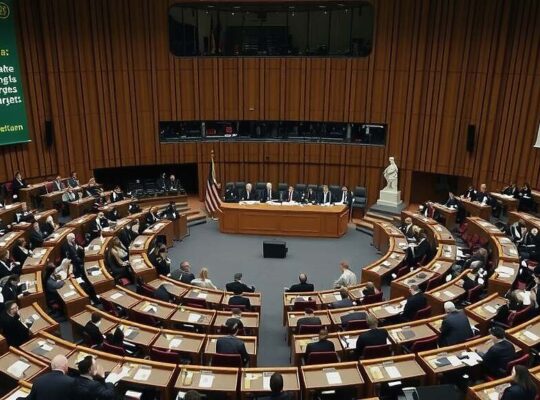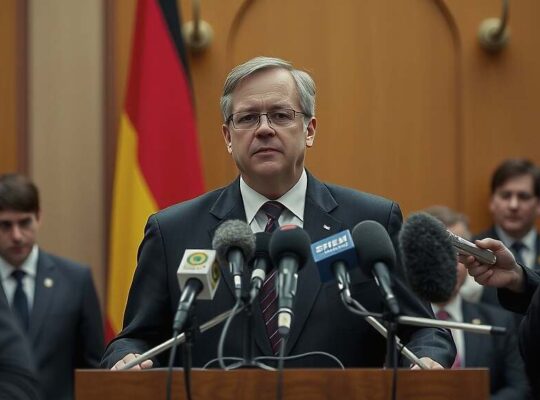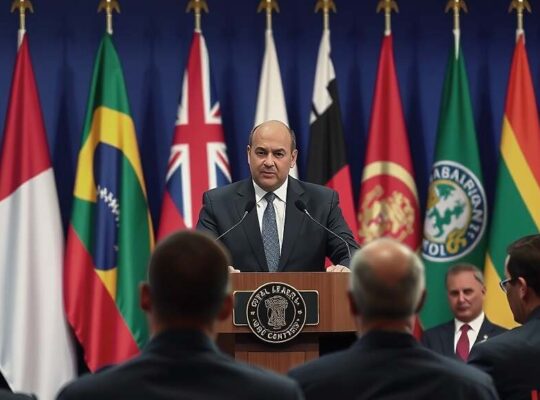The German government is signaling a potential resolution to its contentious pension reform debate before the upcoming Christmas parliamentary recess, according to Justice Minister Stefanie Hubig. Speaking to RTL and n-tv, Hubig expressed cautious optimism, stating her hope that Chancellor Olaf Scholz’s promise of a settlement will be fulfilled.
The ongoing dispute, simmering for months, centers on balancing the sustainability of the pension system with concerns about intergenerational fairness. While details remain closely guarded, government sources suggest a compromise is being sought to address the tensions between younger generations and older demographics regarding the long-term implications of reform measures.
Hubig acknowledged the divergence in viewpoints, characterizing the differing perspectives as “perfectly clear”. However, her comments subtly underscore a political tightrope walk. The government faces pressure from various factions, including within its own coalition, who hold contrasting views on the appropriate balance between protecting existing benefits and ensuring future affordability.
Critics argue that the rushed timeline – aiming for resolution before the holiday break – could pressure lawmakers into accepting a compromise that fails to fully address the systemic challenges facing the pension system. Moreover, the focus on a swift resolution risks overshadowing a broader discussion about the underlying societal and economic factors contributing to the pension crisis. The government’s insistence on a relatively immediate fix raises questions about whether a sustainable and equitable solution can truly be achieved under such a constrained timeframe, or whether it’s merely a politically expedient maneuver to avoid further public scrutiny and potential unrest. The success of this endeavor ultimately hinges on the government’s ability to effectively manage these competing pressures and deliver a response that resonates across the generational divide.












